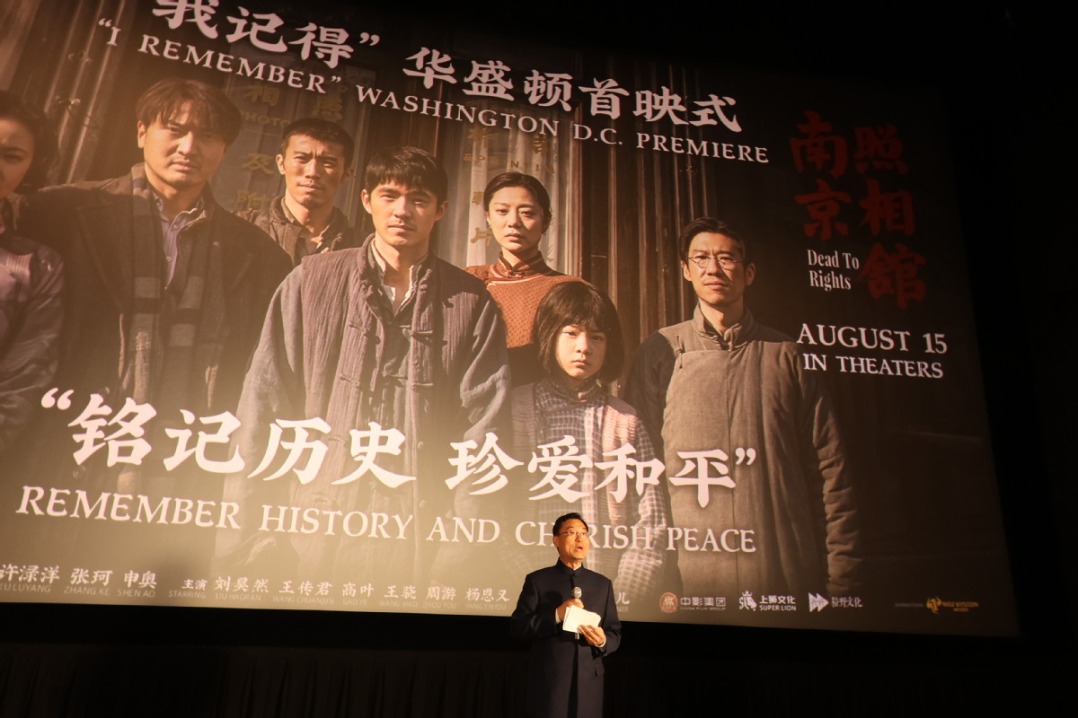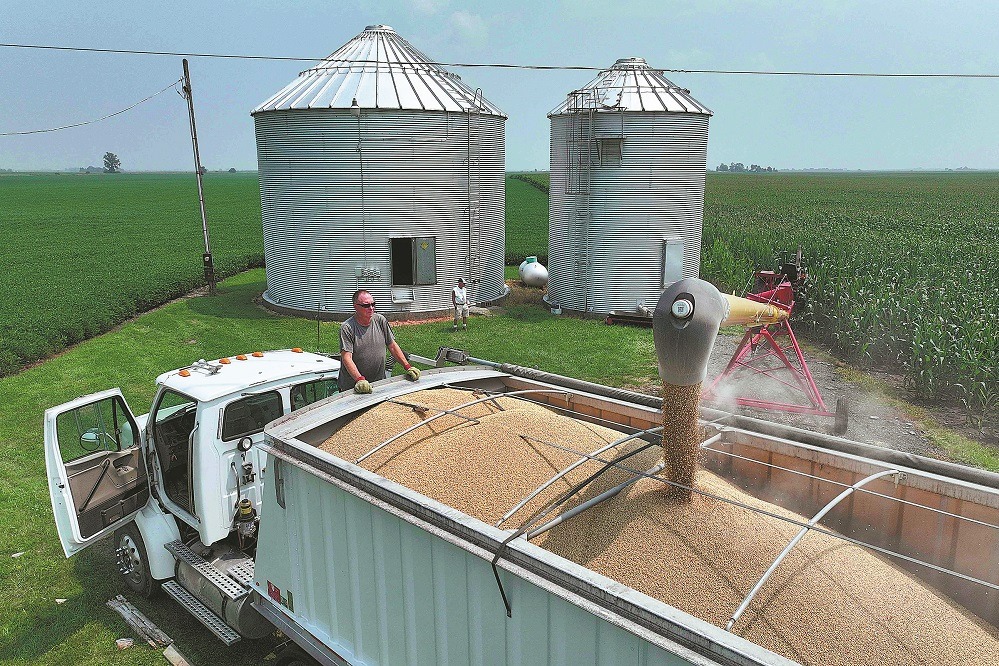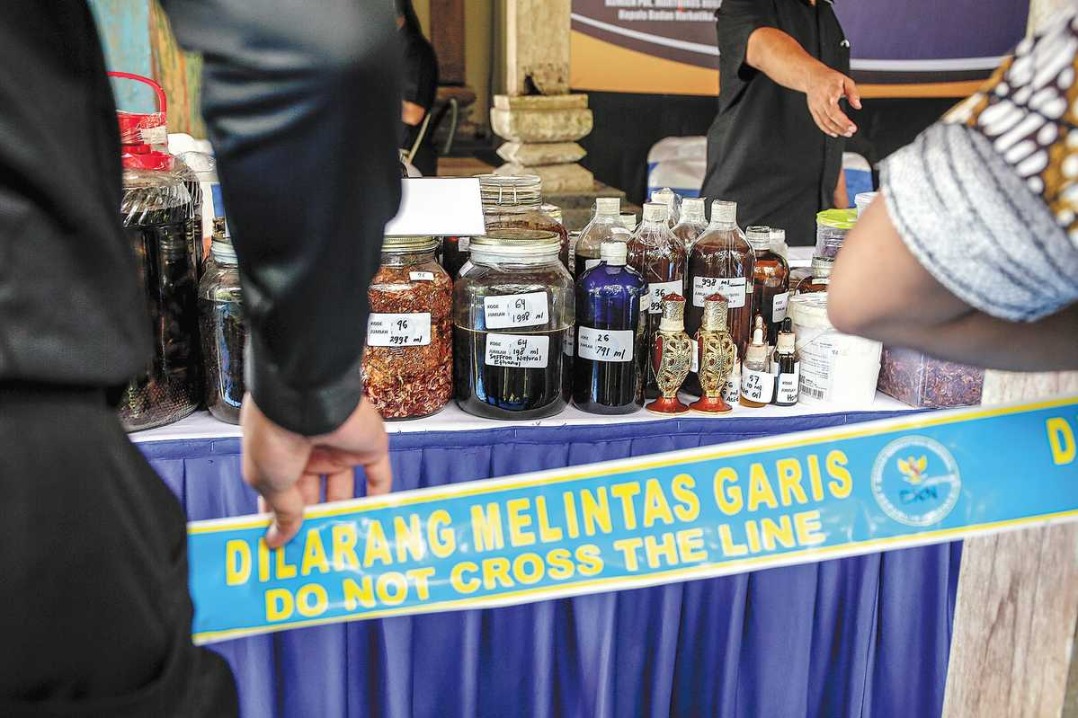Yunnan launches 'Going Global' trade mission in San Francisco


The "Yunnan Enterprises Going Global" trade mission was launched in San Francisco on Wednesday, aiming to deepen commercial ties and introduce Yunnan's unique offerings beyond its famed biodiversity, tourism and ethnic culture.
"Yunnan has much more to offer," said Zhao Junmin, executive vice-governor of Yunnan province, who was leading a 37-member delegation of enterprises and specialty products.
Zhao emphasized the province's emerging role in international trade, particularly within the framework of China's Belt and Road Initiative. In recent years, Yunnan has become a crucial gateway connecting China to Southeast Asia. A prime example is the China-Laos Railway, a flagship BRI project that has bolstered trade, tourism and cultural exchanges across borders.
Addressing hundreds of attendees from diverse sectors, Zhao expressed optimism about the potential for collaboration.
"We are here in the hope that across oceans, talents can mingle and ideas can click," he said. He also invoked the shared history between China and the US, recalling the Flying Tigers' alliance with Chinese forces during World War II. "We have a long history of friendship since the Chinese People's War of Resistance Against Japanese Aggression."
Zhao highlighted the ongoing strength of US-China economic ties.
"Over the years, our trade and economic relations with the United States have been robust," adding that Yunnan's resources are abundant and preferential investment policies are welcoming.
According to the Yunnan Department of Commerce, by the end of last year, 585 US companies had invested a cumulative $42 billion in Yunnan, across sectors including agriculture, machinery and tourism. In return, 43 Yunnan-based enterprises have established offices and factories in the US, investing more than $20 billion.
Describing the bilateral trade relationship as "fruitful and pragmatic," Zhao added, "What flows both ways are not only commodities and products, but mutual trust that both markets have placed in each other."
One notable success story is California-based berry giant Driscoll's. The company began operations in Yunnan's Honghe prefecture in 2013, becoming the first multinational to establish a local berry cultivation base in China. "So far, Driscoll's and our partner growers have developed more than 50,000 mu (about 33 square kilometers) of modern farms in Yunnan," said Jenet Degosta, former chief of staff at Driscoll's.
By 2022, Driscoll's and its partners had invested about $290 million, completing a full agricultural value chain in Yunnan — from plantations to logistics. "There is a good fit between our practices of conservation and green development in Yunnan and America's innovation and market needs," Zhao said.
Among the delegates was Li Sheng, president of Yun Tea Space, who brought 10 varieties of Yunnan tea to introduce to the US market. "We're confident in both the variety and heritage of our teas," Li said. "Yunnan is the birthplace of China's tea, and our traditional tea processing techniques were recognized by UNESCO in 2022 as part of the Intangible Cultural Heritage of Humanity."
However, Li acknowledged gaps in understanding American consumer preferences. "Traditionally, Pu'er tea is pressed into round cakes, but we've learned that American consumers prefer convenient tea bags," he noted. "There are many such details we need to explore and adapt to."
Following the San Francisco leg, Zhao and his delegation will continue their US tour in Los Angeles and New York City, further promoting Yunnan's products, investment opportunities and cultural appeal.
































